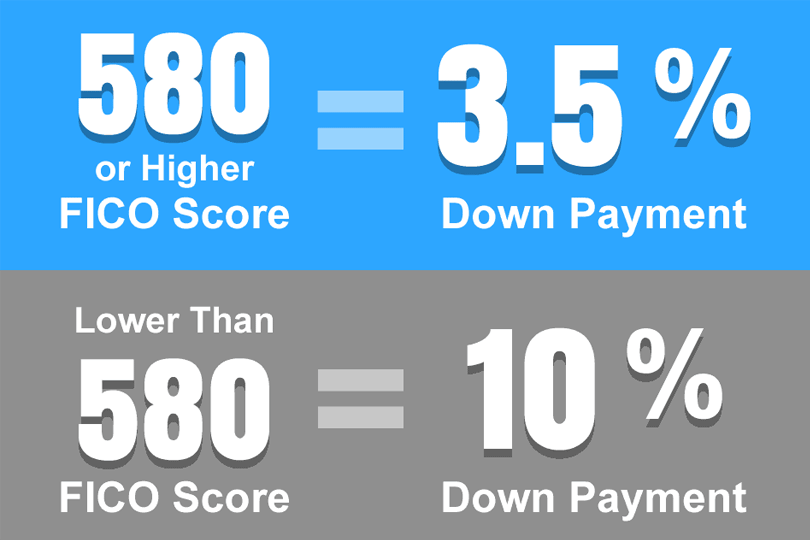Should You Pay Extra to Lower Your FHA Loan Interest Rate?
April 29, 2025
The idea behind discount points is a straightforward exchange: you spend money today to reduce your interest rate. Typically, one point equals one percent of your total FHA loan. In return, your interest rate might decrease by an amount you and the lender agree upon.
Whether this trade-off works in your favor depends on your intended length of homeownership.
Life is unpredictable. Career changes, family growth, or simply a desire for a different environment can lead to a move sooner than anticipated.
If you sell or refinance your loan before reaching the "break-even point" – the moment your cumulative savings from lower payments equal the initial cost of the points – you'll end up in the red.
If your future in the home feels less than certain, that upfront investment in discount points becomes a risky bet.
The money you'd spend on discount points could serve more pressing needs. Perhaps you need a more robust emergency fund, or you have other investment opportunities you want to pursue.
FHA loans are attractive partly because they often require a smaller down payment. However, if you deplete a significant portion of your remaining savings to shave off a tiny bit of interest, you might leave yourself financially vulnerable for unexpected expenses.
The savings from a slightly lower interest rate might pale compared to the total loan cost, including the mandatory mortgage insurance. It depends on your long-term plans.
In such situations, prioritizing cash flow and minimizing immediate outlays often makes more sense.
The current interest rate environment plays a role in this decision. Are interest rates already relatively low at the time? In such cases, the potential savings you'll gain by purchasing discount points might be minimal.
- It could take a very long time for your reduced monthly payments to add up to the money you spent on the points.
- Conversely, in a high-interest-rate market, buying points might be a more compelling option for someone committed to staying in the home long-term.
- Does paying for discount points align with your short-term and long-term financial goals? Are you confident in your long-term plans for the property?
- How comfortable are you with parting with the cash upfront at closing time?

FHA Loan Articles
February 13, 2025For many college graduates, student loan debt is a concern. A common question is how this debt impacts the ability to buy a home. This Q&A explores the relationship between student loans and FHA loan approvals. How much do you know about how your student loan debt affects your ability to be approved for a mortgage?
February 12, 2025Choosing between FHA and conventional home loans can be daunting for some first-time home buyers. What are the concerns between these two programs, and what does each one offer the borrower? We examine some of the key issues in our question-and-answer session about FHA mortgages versus conventional loans.
February 11, 2025Established in 1934 as part of the National Housing Act, the FHA's primary mission is to stimulate the housing market by providing mortgage insurance to lenders. This insurance reduces the risk associated with lending to borrowers who may otherwise be considered higher risk, encouraging lenders to offer more favorable terms, such as lower down payments and more flexible credit requirements. A key element of the FHA program is its commitment to fair housing, which is deeply rooted in the Fair Housing Act.
February 10, 2025How much do you really know about the home buying process? One major factor in protecting your new investment is knowing how the title search process works and why you need to have one done. This quiz will assess your comprehension of what a title search entails, why it's so important when using an FHA loan, and how it protects you as a buyer. From identifying potential liens to guaranteeing clear ownership, a title search plays a critical role.
January 30, 2025FHA residential refinance loans, insured by the Federal Housing Administration, allow homeowners to refinance their existing mortgages. They potentially have more flexible qualification requirements than conventional loans. FHA refi loans can lower monthly payments, shorten the loan term, consolidate debt, or even access cash for home improvements or other needs. Understanding the eligibility criteria and different refinance options is crucial for homeowners considering this option.







